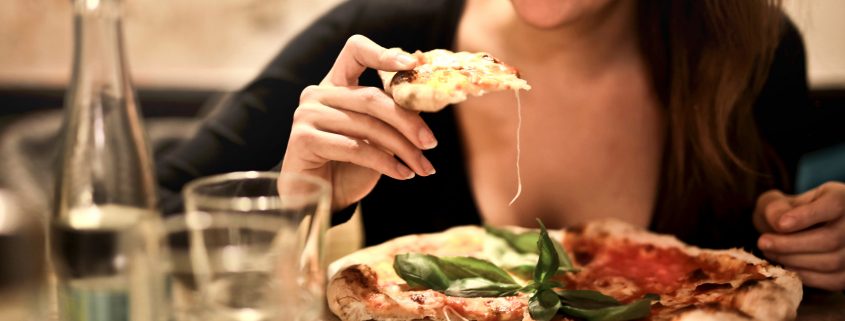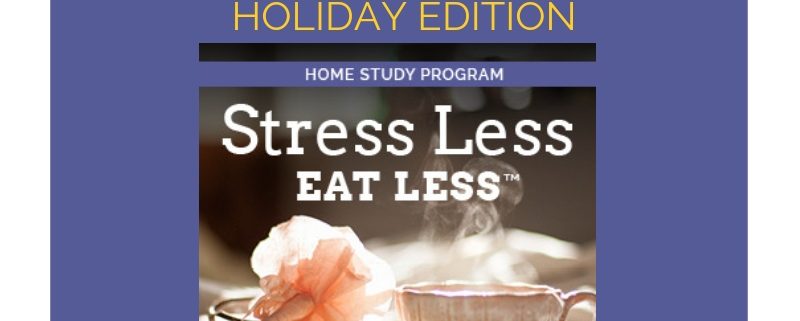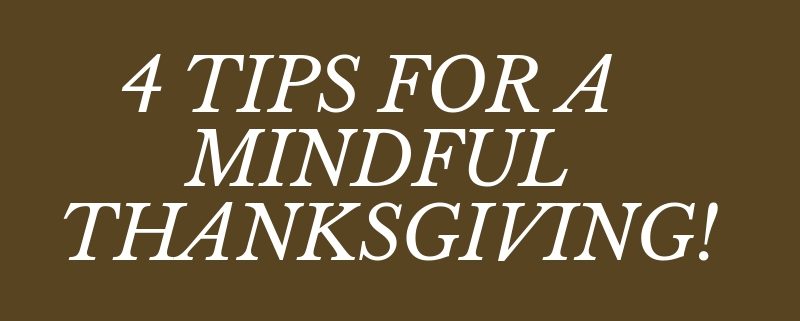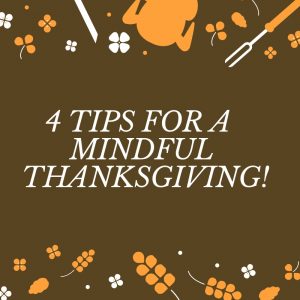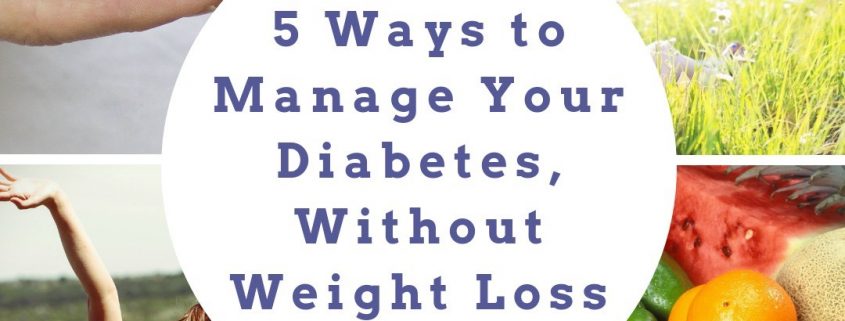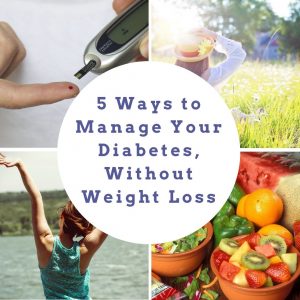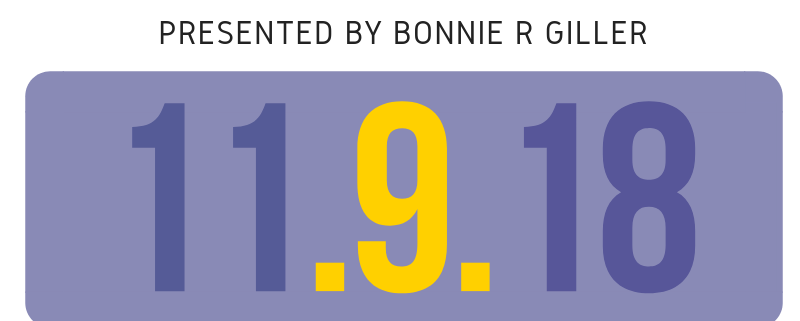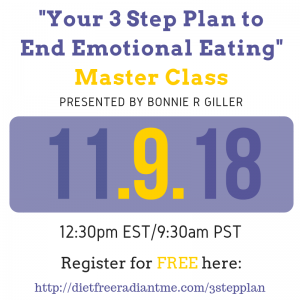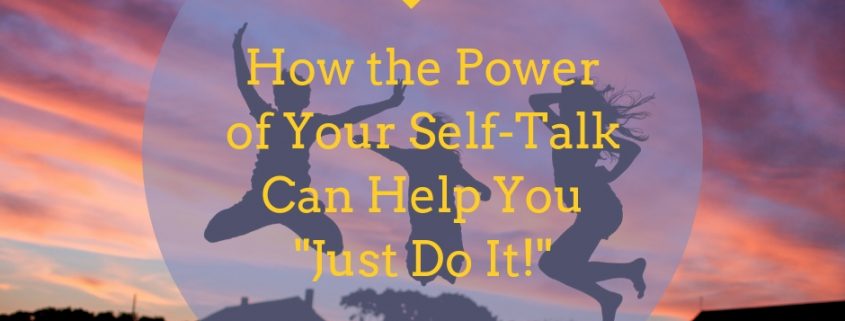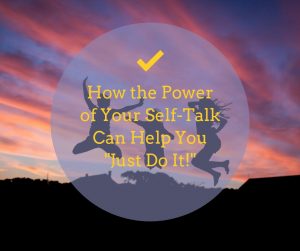Your Year in Review: Reflect and Renew
Right around this time of year you often see lists coming out all over the internet reviewing everything that has happened in the last 365 days. Whether it’s the best and worst of fashion or a list that chronicles important moments in the news, it’s a nice way to take stock of everything that has happened that has shaped 2018.
Something else you usually see around this time of year is people making a long list of resolutions on ways they want to be “healthier”, “improve themselves”, or “be better” in the New Year. While it’s always good to set goals for yourself, I’d prefer to celebrate all the ways that you have already made progress on your “well-being” journey. Starting the year off focusing on where you think you “fell short” is not a recipe for success.
So let’s forget resolutions and instead reflect and renew as you look at your personal year in review.
5 Reflections
Start your “Year in Review”by focusing on these 5 reflections.
- Your Best Moments: Think back on your intuitive eating journey this past year and focus on the moments that you called out the sneaky diet mentality, honored your hunger, respected your fullness,, made your self-care a priority and gave yourself permission to eat what you loved guilt-free! Celebrate these moments that would have been very different had you been living the life of a dieter.
- Moments You Would Have Changed: Mistakes happen to all of us. There will always be a time where you might have been able to handle a situation differently. But mistakes are a great way to learn! Don’t be ashamed to put these in your “Year in Review”. Identify the lesson learned and be proud that you consider these lessons a sign of growth.
- Moments that Surprised You: Maybe it was the first time you ate a bagel and didn’t feel guilty. Maybe it was that week you engaged in movement and found it enjoyable. Whatever things you did that you never thought you could, are moments that should be celebrated!
- Moments You Feared Food but it Turned Out Alright: Maybe it’s this holiday season right now! Or, perhaps it was last summer when you had a busy social calendar with barbecues and pool parties and lots of food! Whatever occasions caused you to have food worry, it’s important to note how you came through them successfully to remind yourself of what you’ve accomplished.
- Things You’re Most Proud Of: You might find that you will repeat some of your “best moments” here, but that’s okay! Celebrating the positive moments of a year is a much more productive way to approach a New Year, with a great energy and motivation to continue moving forward.
Congratulations on making the commitment to honoring yourself through intuitive eating. Here’s to making small steps that lead to huge accomplishments.
Please share your Year in Review with me in the comments below. I’d love to hear how your 2018 went, and what you have planned for 2019!



